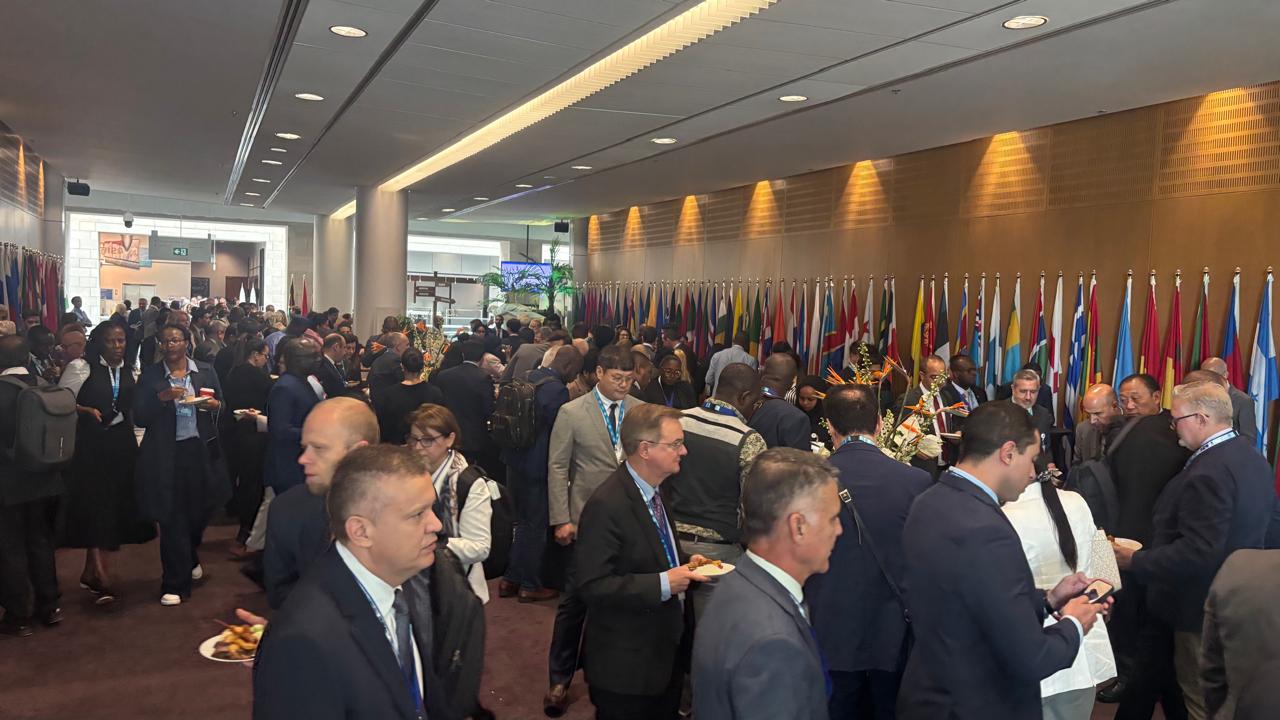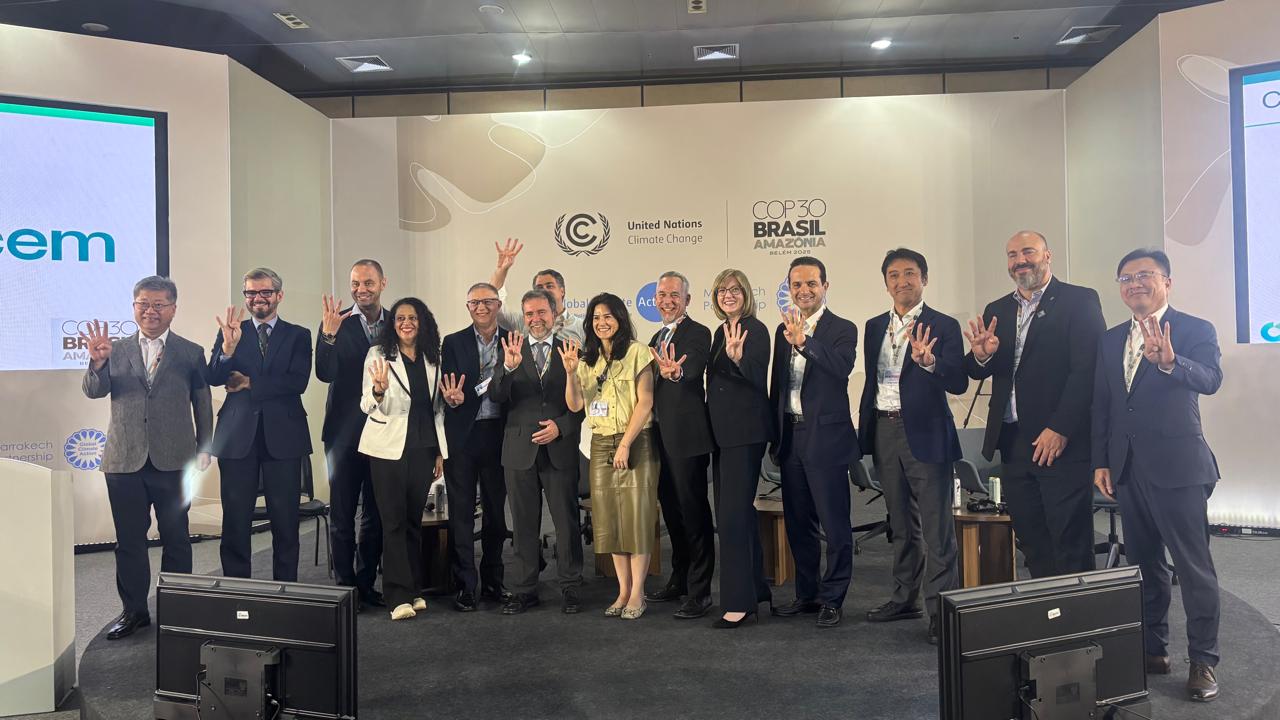
One of the key opportunities for the future of low-carbon transportation lies in aviation—a sector often described as hard to decarbonize. Sustainable Aviation Fuel (SAF) presents an immediately available solution with the potential to make a significant impact. In support of this promising pathway, Brazilian Sugarcane and Bioenergy Industry Association (UNICA) participated in the 42nd International Civil Aviation Organization (ICAO) Assembly from September 23rd to September 28th in Montreal, in partnership with the Brazilian Trade and Investment Promotion Agency (ApexBrasil), as part of the Sugarcane Ethanol project.
The event centered on technical discussions about the sustainable future of aviation and included the election of the ICAO Council. It reinforced Brazil’s position as a key player in global aviation, with the country re-elected to the ICAO Council for the 2025–2028 term. Brazil received 167 votes—the highest number in Group 1, which comprises the sector’s leading global powers—surpassing its results from the previous two elections, where it received 157 and 158 votes, respectively.
UNICA participated in the event with a dedicated booth showcasing the potential of ethanol as a feedstock for SAF and the sustainability of Brazilian bioenergy production. As the aviation sector is responsible for approximately 3% of global greenhouse gas emissions and targets carbon neutrality by 2050, SAF is expected to play a critical role. According to the International Air Transport Association (IATA), SAF could contribute up to 65% of the emissions reductions needed to meet these climate goals Among the technological pathways for SAF, Alcohol-to-Jet (ATJ) – which uses ethanol as a base – emerges as the most viable short-term solution. Brazil, with its global leadership in bioenergy, is prepared to meet this demand with sustainability, scale, and energy security
Furthermore, during a presentation at the event, Lara Bacellar, Commercial Director at COPERSUCAR, highlighted the sustainability of land use and production; the urgent need to harmonize Life Cycle Assessment (LCA) criteria and land-use change methodologies across international platforms; and Brazil’s ability—both now and in the future—to meet the growing demand for ethanol as a feedstock for SAF without deforestation, by leveraging idle industrial capacity, improving agricultural productivity, and utilizing degraded pastures.
The week also included bilateral meetings with key stakeholders such as IATA, the United Kingdom, Canada, Australia, the ICAO Secretariat, and Japan. Additionally, UNICA supported the luncheon hosted by Brazil on Saturday, September 27th, further reinforcing dialogue and strengthening relationships with key partners, while signaling opportunities for continued collaboration in the future.


